Minister to restore confidence in asylum policy
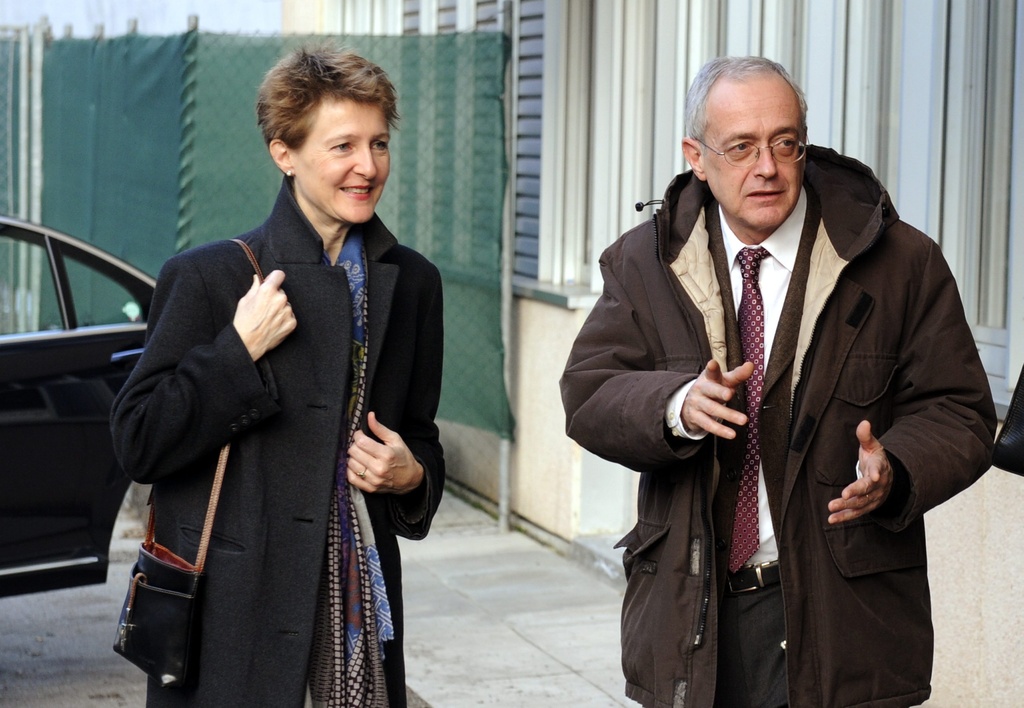
Justice Minister Simonetta Sommaruga has pledged to boost credibility in the government’s asylum and immigration policy to counter public concern.
She announced that Switzerland will take in 35 refugees from a United Nations camp on the border between Iraq and Syria in the spirit of the country’s longstanding humanitarian tradition.
Sommaruga, who took up her post at the head of the justice and police ministry last October, added she was aware that an election year “is not ideal” to regain credibility among a wider pubIic.
“Still I will try my best,” Sommaruga told a news conference to mark her first 100 days in office.
She said the ten reforms of the asylum laws since the 1980s had done little to inspire confidence in the official asylum policy. “On the contrary”.
Sommaruga said she took seriously the legitimate concerns by the population about the marked increase in immigration, but pointed out that some groups had been stirring up fear to exploit it for their political ends.
She highlighted key policy areas for her ministry to tackle and will present a report to parliament by the end of March to speed up the asylum procedures in Switzerland.
Sommaruga pointed out difficulties in implementing asylum decisions, notably the repatriation of rejected asylum seekers, and the fact that only 20 per cent of people with refugee status find work.
Contingents
The decision to accept 30 Iraqi and five Palestinian nationals as part of a contingent of the UN High Commissioner for Refugees is seen as a goodwill gesture.
“It is the continuation of the policy of her predecessor,“ said Denise Graf of the Swiss branch of Amnesty International.
However, it is not clear whether Sommaruga will also try to push the cabinet to approve a general resumption of the strategy to accept larger contingents of UNHCR refugees from crisis and conflict zones.
Her predecessor in 2009 had refused to renew a 45-year-old policy suspended in 1995, arguing such a step was politically very controversial and too expensive.
The rightwing Swiss People Party known for its isolationist and nationalist policies has warned of a resumption of larger contingents of refugees.
“Given the high number of individual asylum applications, contingents are not an option,” a statement said.
Greece and Sri Lanka
The government’s announcement last week to stop repatriations of rejected asylum seekers who entered the single European border area in Greece met mixed reaction.
While the People’s Party appears to see its scepticism against the Dublin accord confirmed, the non-governmental Swiss Refugee Council pointed out that a policy change by Switzerland was overdue.
“The situation for asylum seekers in Greece is disastrous,” the NGO said. It called on the federal authorities to stop repatriations altogether, in line with a ruling by the European Court of Human Rights.
Similarly the Refugee Council as well as Amnesty International have criticised a decision to consider a resumption of repatriations of rejected asylum seekers to northern Sri Lanka.
They say the situation in Sri Lanka is still not stable, following the defeat of the Tamil Tiger rebels against the government in 2009. “There is no basis for a safe return in dignity,” Amnesty spokeswoman Denise Graf said
The human rights organisation expects the Swiss authorities to foster peace efforts between the Sri Lankan government and Tamil minority.
Opportunities
Amnesty, in line with other NGOs, cautions it is too early for a general assessment of Sommaruga’s new input to the government’s asylum policy.
Alberto Achermann, professor of public law at Bern University, points out that there are possibilities for a policy realignment coordinated with the European Union.
“Sweden could serve as a model,” said Achermann. He highlighted the resumption of a programme for UNHCR refugees, the support of developing countries trying to cope with refugees.
Achermann calls for improved legal protection of refugees and asylum seekers in Switzerland.
Mistakes of the past
All too often in the past decades asylum regulations have undergone hasty changes aimed at speeding up the asylum procedure and stopping abuses.
“Yet the reforms did not yield the results intended. Instead the asylum laws look more like a unreadable patchwork. It has become difficult to handle the procedure and understand the different legal categories of different groups of immigrants,” he said.
The only sustainable reform, says Achermann, was the single border asylum area, agreed in the Dublin accord, which benefited Switzerland considerably.
He says Switzerland lacks a clear strategy to deal with refugees in Europe.
“It is simply not enough to try to keep asylum requests at a minimum and to process them as quickly as possible,” explained Achermann.
Among the priorities in her ministry are migration, integration and asylum issues.
Other key areas are the fight against cyber crime, the issue of assisted suicide or parental custody.
Sommaruga, who is 50 and a member of the centre-left Social Democratic Party, was elected to the seven-member cabinet last September to succeed Moritz Leuenberger.
Following a cabinet reshuffle in October the former senator took over the justice ministry, which also deals with federal police matters, migration and includes the prosecutor’s office.
About 25,000 people with official refugee status presently live in Switzerland.
Another 23,000 people have been granted temporary refugee status.
Last year, 15,567 people applied for asylum in Switzerland – up 2.7% on the previous year. Most requests came from migrants from Nigeria (1,969), Eritrea (1,799), Sri Lanka (939) and Serbia (910).
More than 20,000 applications were processed last year by the Swiss authorities, leaving a backlog of about 9,000.
Less than one in five requests (18%) were granted, while almost one in four (23%) applicants were given temporary status. Nearly 50% of the requests were rejected and referred the applicants to other European countries that signed up to of the Dublin accord.
Figures: Federal Migration Office

In compliance with the JTI standards
More: SWI swissinfo.ch certified by the Journalism Trust Initiative


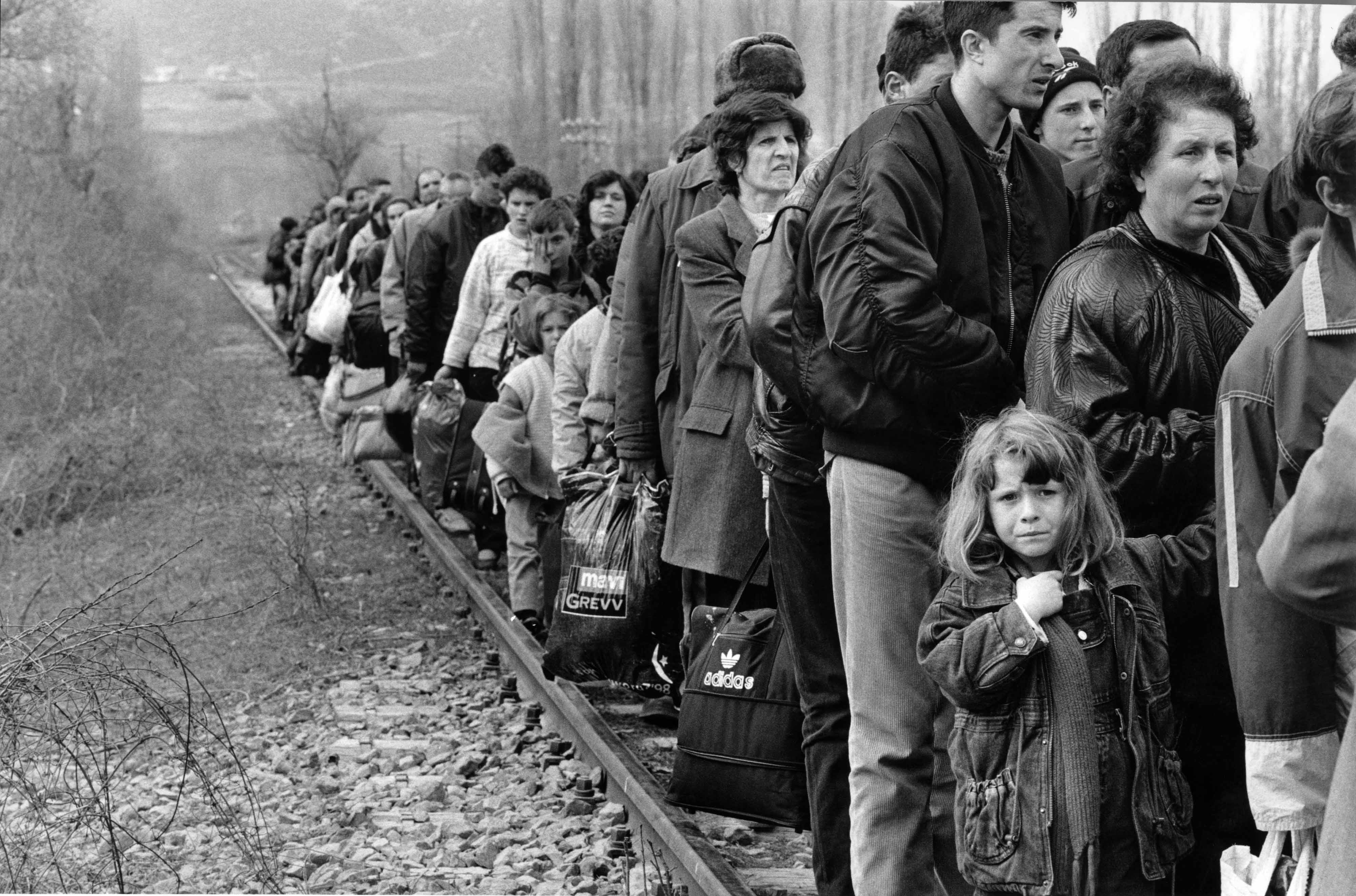
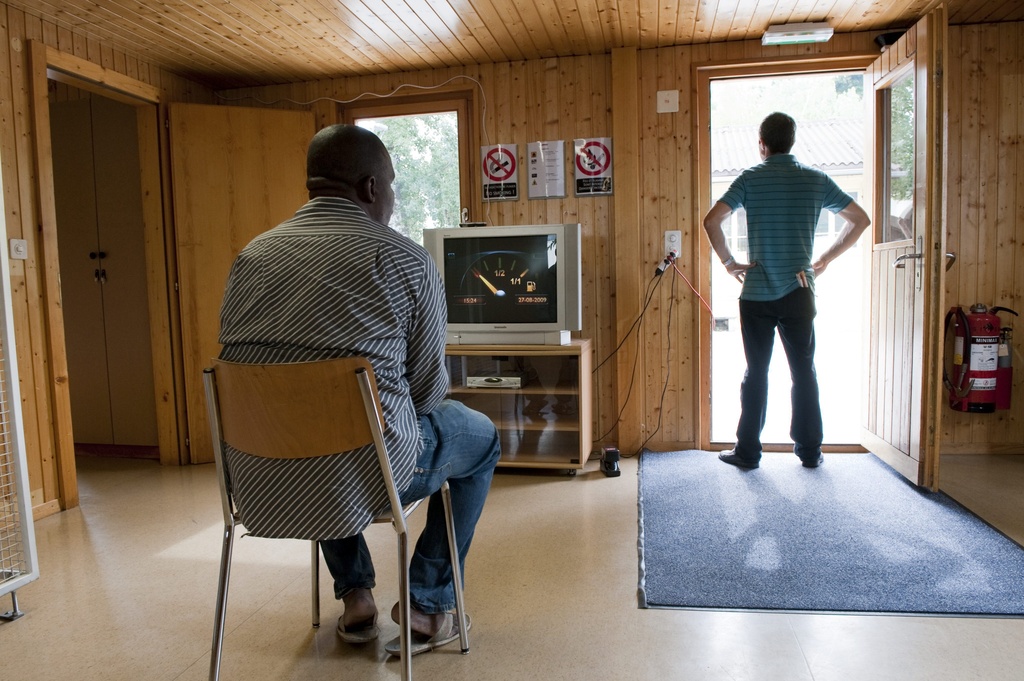
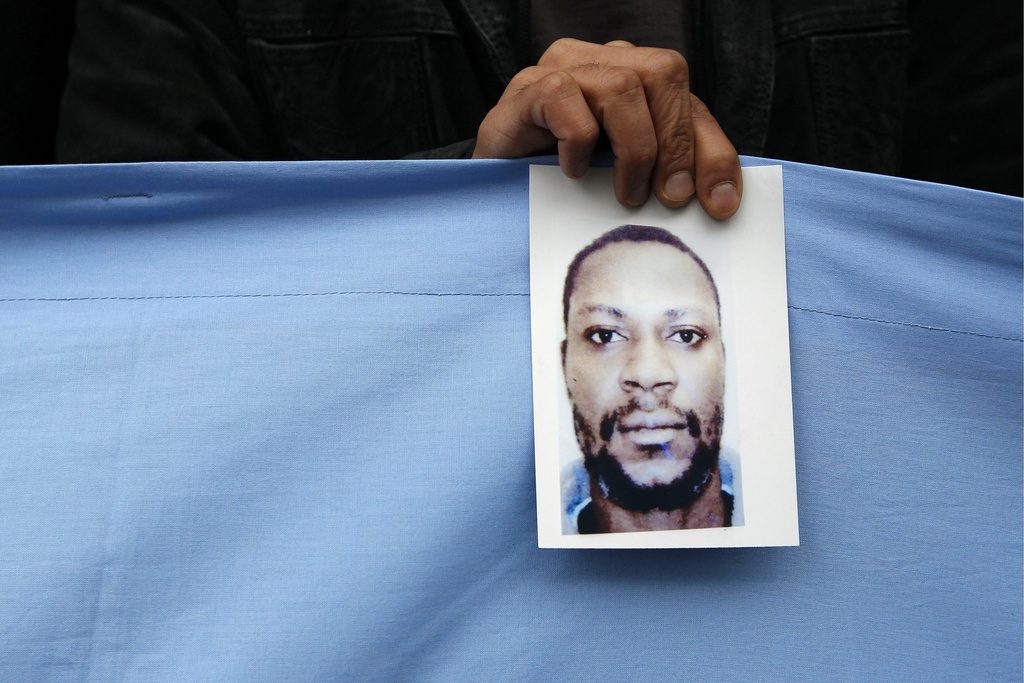
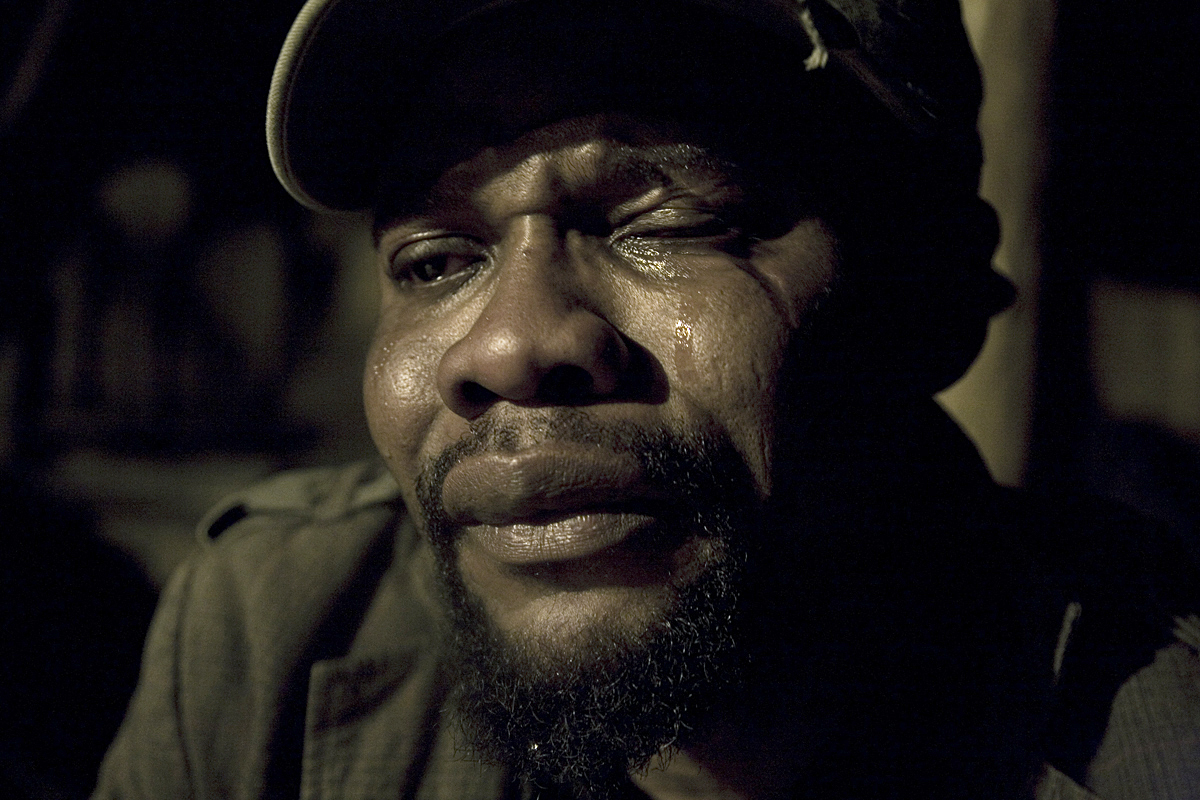
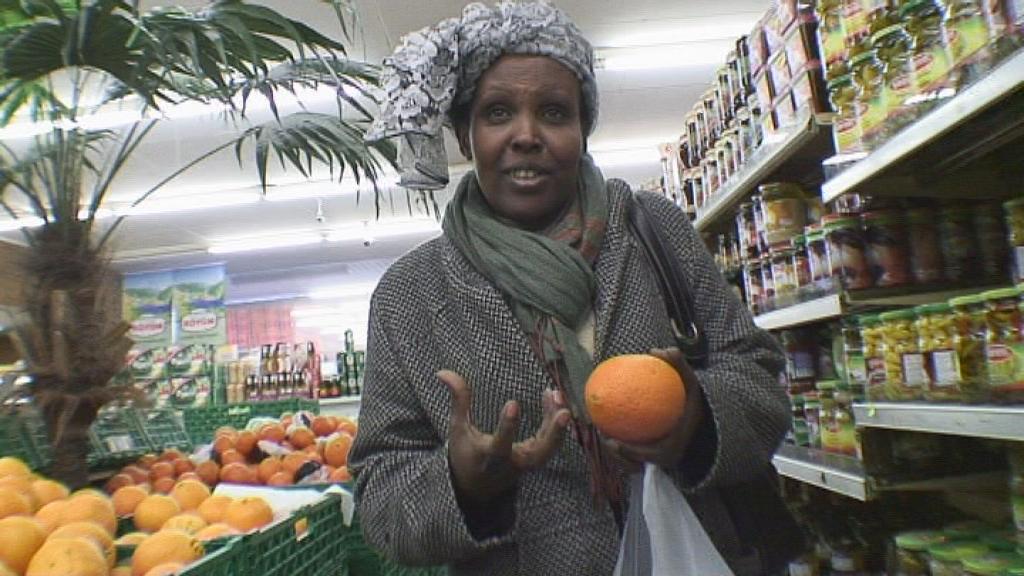
You can find an overview of ongoing debates with our journalists here. Please join us!
If you want to start a conversation about a topic raised in this article or want to report factual errors, email us at english@swissinfo.ch.